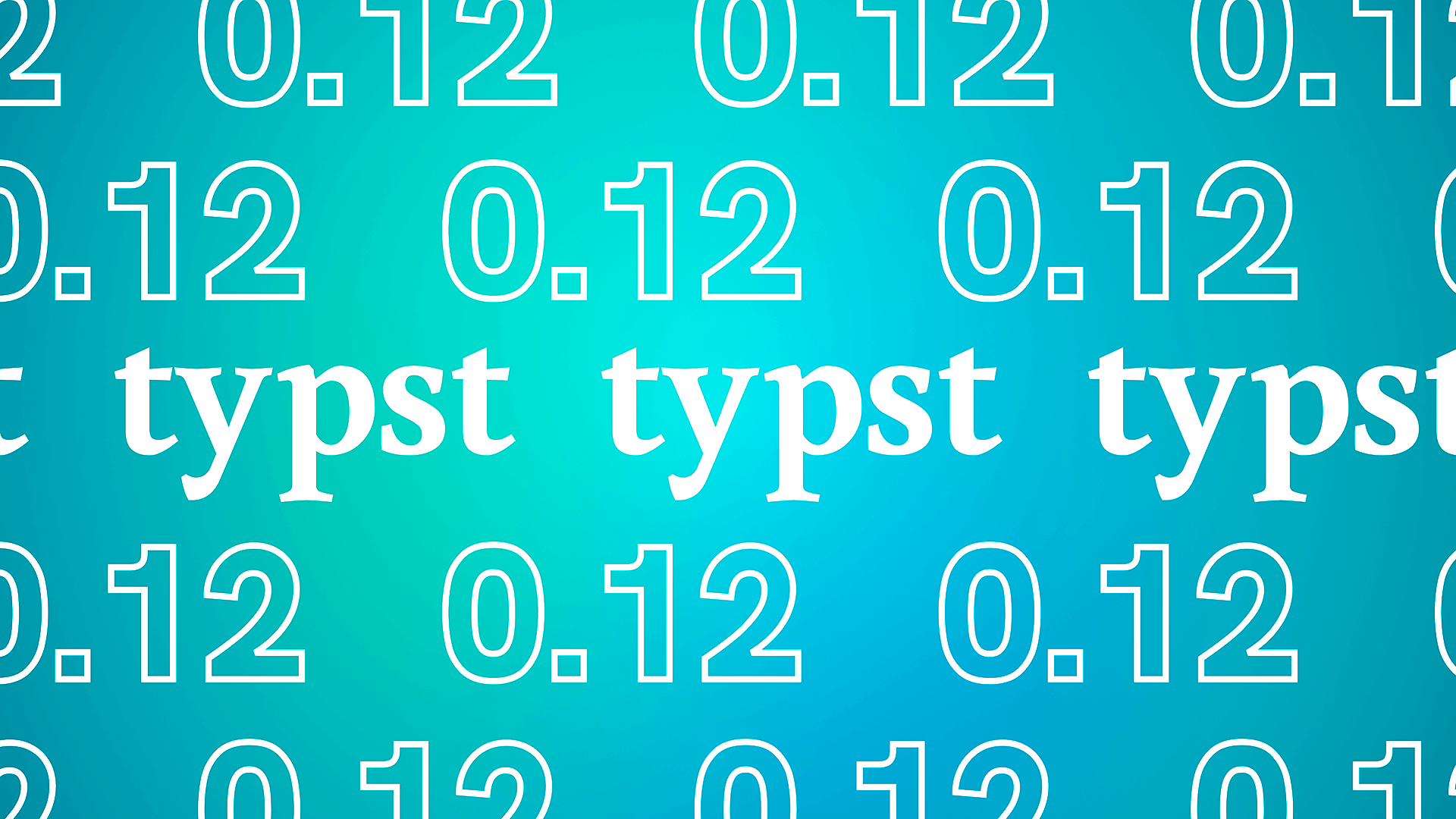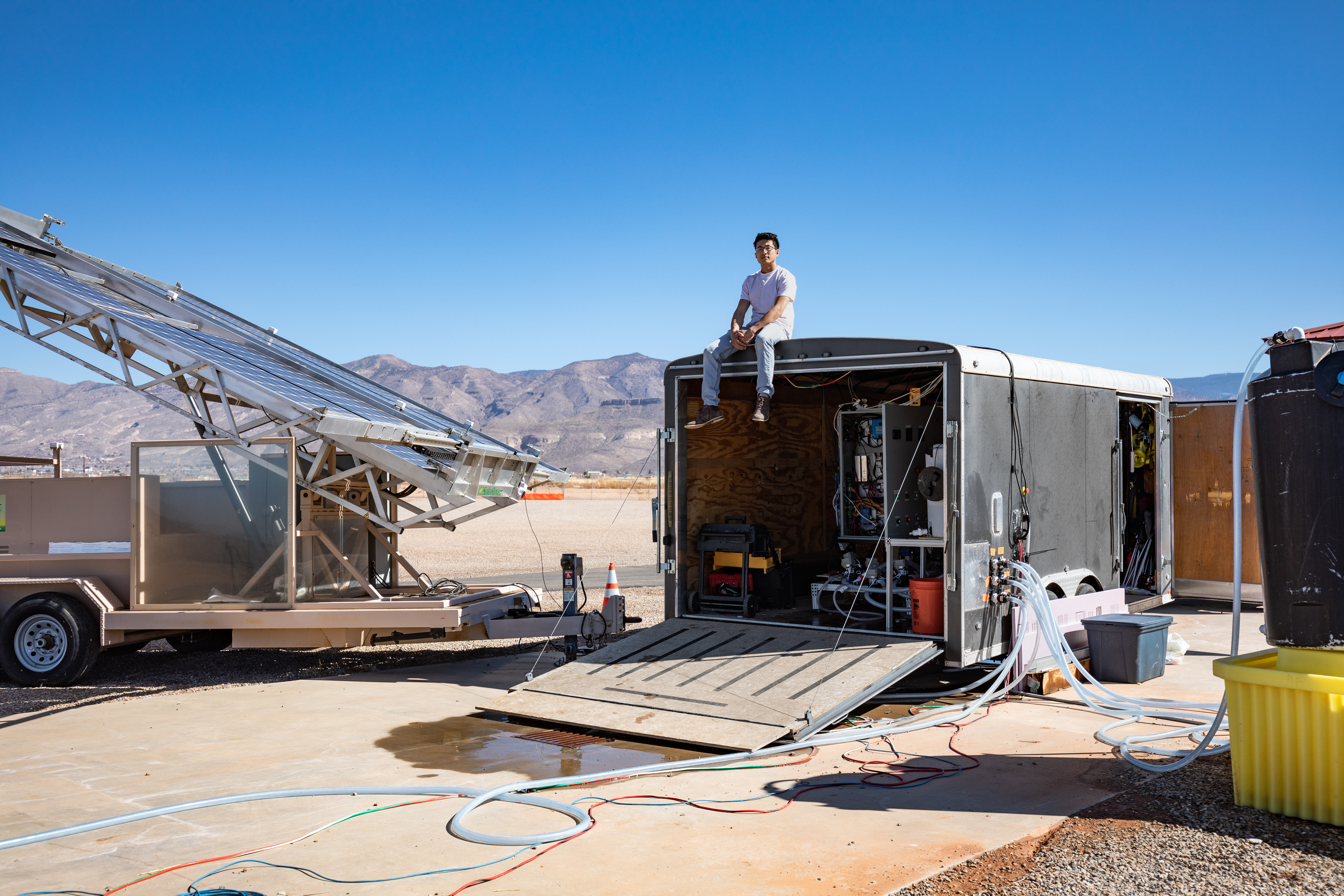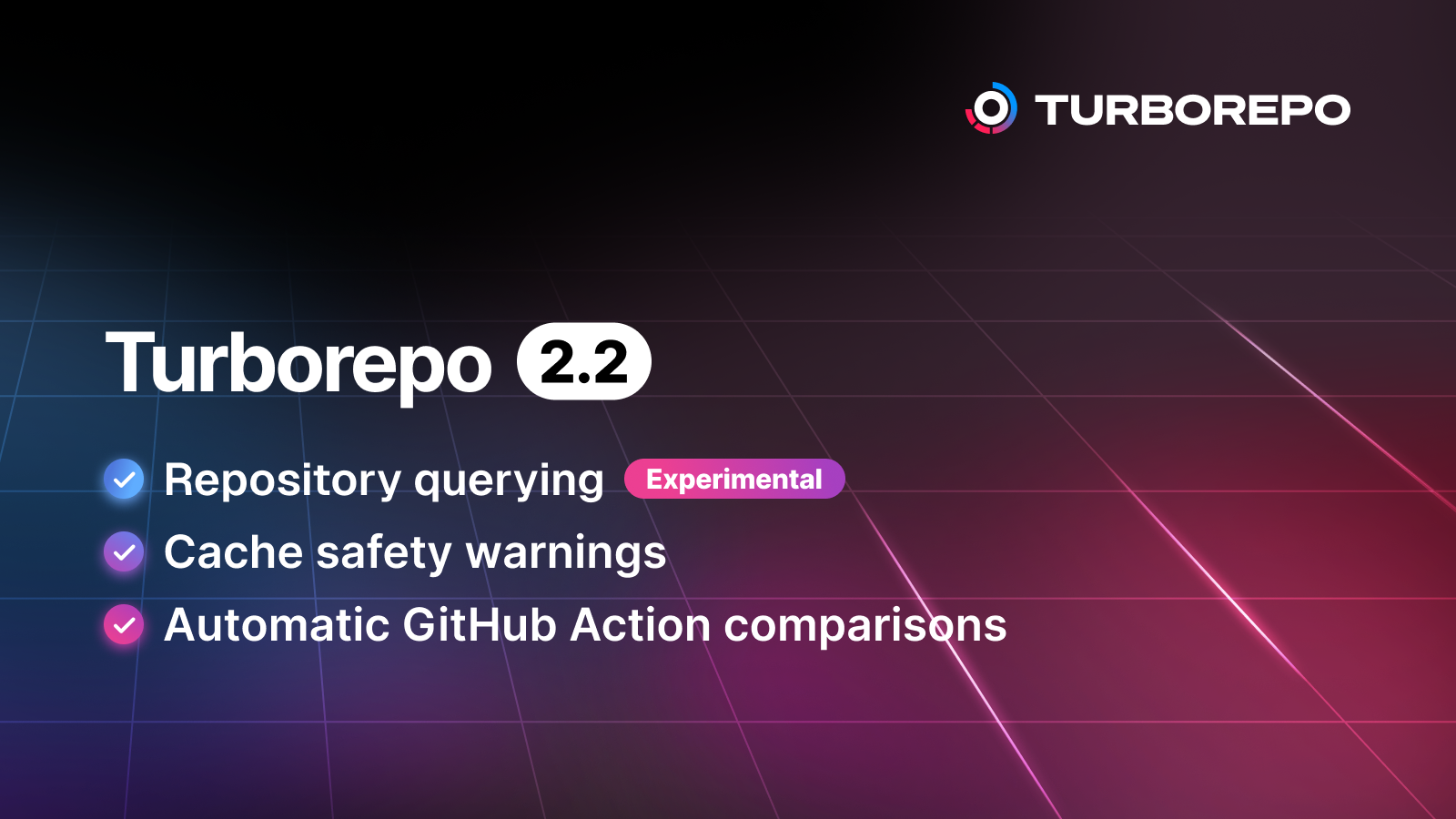
An eerie ‘digital afterlife’ is no longer science fiction. So how do we navigate the risks?
Imagine a future where your phone pings with a message that your dead father’s “digital immortal” bot is ready. This promise of chatting with a virtual version of your loved one – perhaps through a virtual reality (VR) headset – is like stepping into a sci-fi movie, both thrilling and a bit eerie.
As you interact with this digital dad, you find yourself on an emotional rollercoaster. You uncover secrets and stories you never knew, changing how you remember the real person.
This is not a distant, hypothetical scenario. The digital afterlife industry is rapidly evolving. Several companies promise to create virtual reconstructions of deceased individuals based on their digital footprints.
From artificial intelligence (AI) chatbots and virtual avatars to holograms, this technology offers a strange blend of comfort and disruption. It may pull us into deeply personal experiences that blur the lines between past and present, memory and reality.
As the digital afterlife industry grows, it raises significant ethical and emotional challenges. These include concerns about consent, privacy, and the psychological impact on the living.





















/cdn.vox-cdn.com/uploads/chorus_asset/file/25047547/236883_Epic_Vs_Google_B_CVirginia.jpg)
